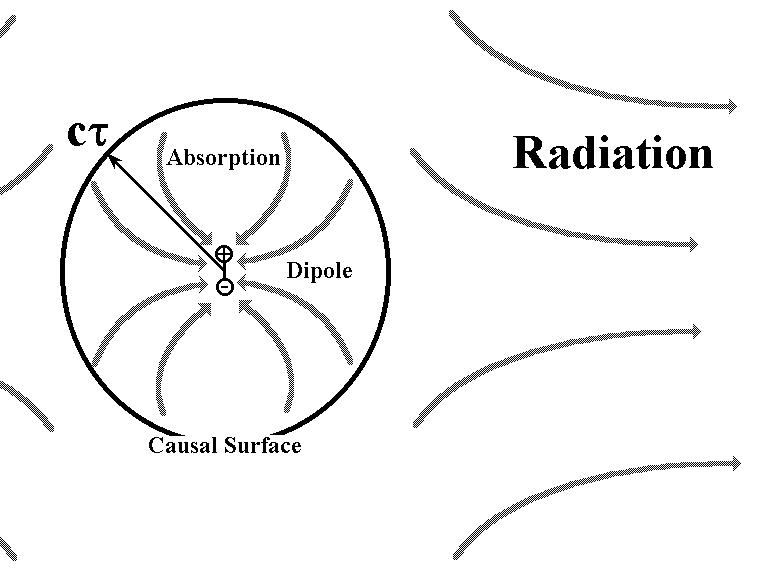The centripetal force of the Earth’s rotation causes land and oceans alike to bulge out at the equator. But what would happen if the Earth were to stop spinning? The oceans would quickly adjust to the new equilibrium by surging to the poles, drowning everywhere outside of the temperate regions and leaving vast swaths of equatorial ocean basins high and dry. The folks at ESRI are happy to show off their geographic prowess by describing the process in detail. Hat tip: Popular Science.
AUTHOR
Hans
Hans G. Schantz is the Principal Scientist of Geeks and Nerds Corporation (GaN). He was co-founder and CTO of Q-Track Corporation until GaN's acquisition of Q-Track in 2019. Co-inventor of NFER indoor location technology, he has more than 40 U.S. patents to his credit. He is the author of The Art and Science of Ultrawideband Antennas, The Biographies of John Charles Fremont, and the science fiction thriller, The Hidden Truth, available free through Kindle Unlimited. The sequel, A Rambling Wreck, was a finalist for the Conservative Libertarian Fiction Alliance 2018 Book of the Year, and third in the series is The Brave and the Bold. His latest work is The Wise of Heart, an illustrated courtroom drama of biological science versus transgenderism that updates the Scopes Monkey Trial for the twenty-first century. Dr. Schantz earned his Ph.D. in theoretical physics from the University of Texas at Austin, and explains his unique solution to wave particle duality at the Fields & Energy Substack.
639 posts
You may also like
Writing over at Reason, Ronald Bailey highlights the recent article in the Proceedings of the National Academy of Science which purports to […]
Saturday July 9 marks the centennial of John Archibald Wheeler’s birth. Wheeler pioneered the theory of nuclear fission along with Niels Bohr. […]
Time to clear out the link box… The Saga of the Scientific Swindler! (1884-1891) | Skulls in the Stars. Hat tip: BoingBoing […]
I had fun earlier this week talking science and science fiction with Jon del Arroz, leading Hispanic voice in science fiction, and […]

